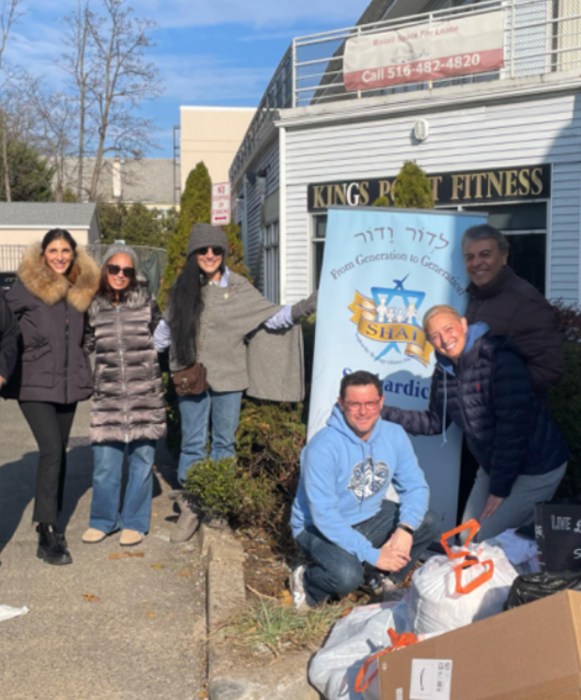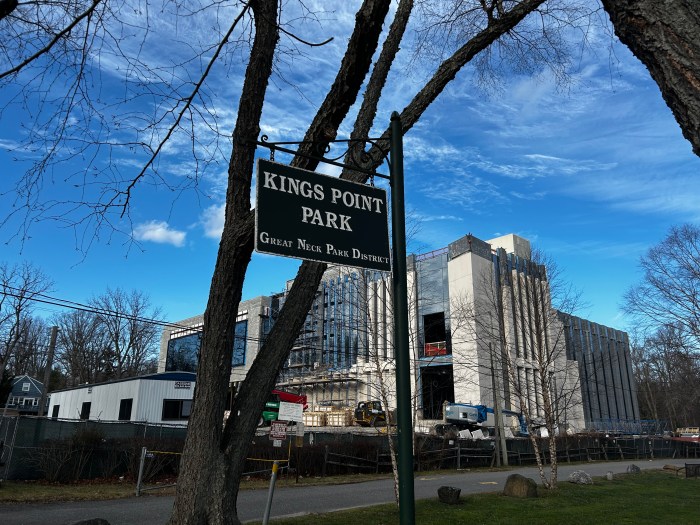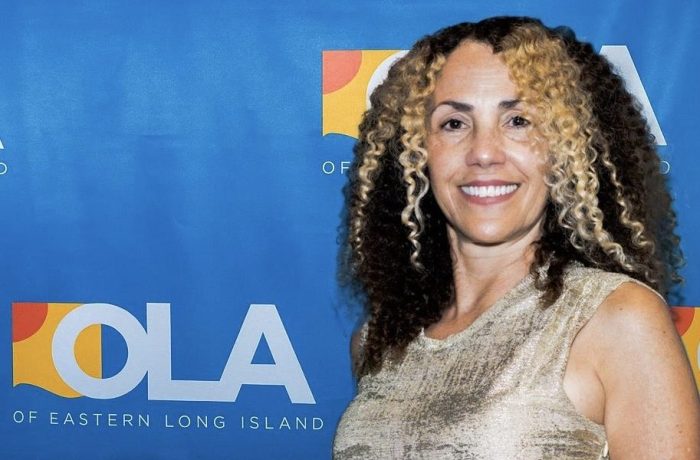(Editor’s note:This letter refers to the column “What Every Long Islander Needs to Know” in our July 8 edition.)
I read the article by Nancy Rauch Douzinas on aquifer pollution in the Hicksville Illustrated News with more than a passing interest. I have been involved in the “green industry” on some level or another for 40 years. I am an ex-landscaper company owner and held NYS DEC certified credentials for both pesticide applications and as a registered pesticide business in Nassau County.
The pollution of LI’s ground waters and aquifers is a serious issue, but one that could actually be corrected if both the public and Albany could figure out how to work together instead of against each other.
Ignorance is the first problem, political maneuvering is another, and Albany’s propensity to turn anything they can into a cash generator whether it serves the people or not is the third. Even a perfunctory look at Albany’s track record on this subject proves this point out.
First is ignorance. Homeowners apply fertilizers and pesticides indiscriminately. They do not know when, why and how to apply grub killer pesticides for instance. Grub controls that are applied around Aug. 1 on LI at the correct rate is all that is needed. Two indicators for when to apply grub controls (and when not to) is first to perform a direct count of grubs in a square foot of turf (six to seven is the recommended threshold level by the Cornell cooperative exchange) or when the flying adult beetles are found to be quite numerous during July. I have heard “advisors” recommend two or even three treatments of grub pesticides to homeowners. This is not only wrong but it is irresponsible. Once is more than enough when applied around Aug. 1.
Homeowners use Scotts fertilizers that have far too much nitrogen content than is needed for an attractive lawn. Nitrates are applied excessively on LI, and Albany sits on its hands in regulating the nitrogen concentration in retail fertilizers. There is nothing wrong with synthetic controls, like Scotts fertilizer, it is the amount that is used that is the problem. Conversely, just because something is “organic” does not make it safe either. Nicotine is the active ingredient in Merit, a now restricted pesticide on LI. It was being over applied and found it’s way into our aquifers. Nicotine is organic, but a very lethal poison nonetheless.
The DEC chases after the wrong people, those who are licensed applicators and know how to apply pest controls responsibly, and according to the label, which is law. The label is the law, and is almost always ignored by homeowners. Most landscaping companies in Nassau are not licensed, but that comes as no surprise. The fees the DEC and Albany places on legal pesticide companies are outrageous, and the paper trail required would scare off even a pulp wood factory. So, Albany and the DEC actually encourage landscapers to fly below their radar just to stay in business and illegally apply pesticides, yet the DEC harasses those companies that have jumped through all of the hoops (and paid outrageous fees for the benefit of being harassed) to apply pesticides within NYS law.
Restrictions on nitrates aren’t a bad idea. In fact it is a great idea and very eco-responsible for LI. Start with the fertilizer producers like Scotts. Reduce the nitrogen content they are allowed to sell especially on combination products like their Step One Crabgrass preventer. The lawns will look just fine with half the nitrogen Scotts uses in that formulation. Regulate the manufacturers, educate the homeowners, ease the financial and paperwork burden on legal pesticide applications companies and then the problem would be well on its way to being resolved without turning the lawns in Nassau county into brown patches.
A little common sense and a program to educate state homeowners would go a long way in protecting our water supplies from being polluted, but common sense is generally taking a backseat to the political agenda of legislators like Mangano, Albany in general and within the NYS DEC, which all seemingly put higher priorities on increasing state revenue behind what might actually serve the people of this state best.


































